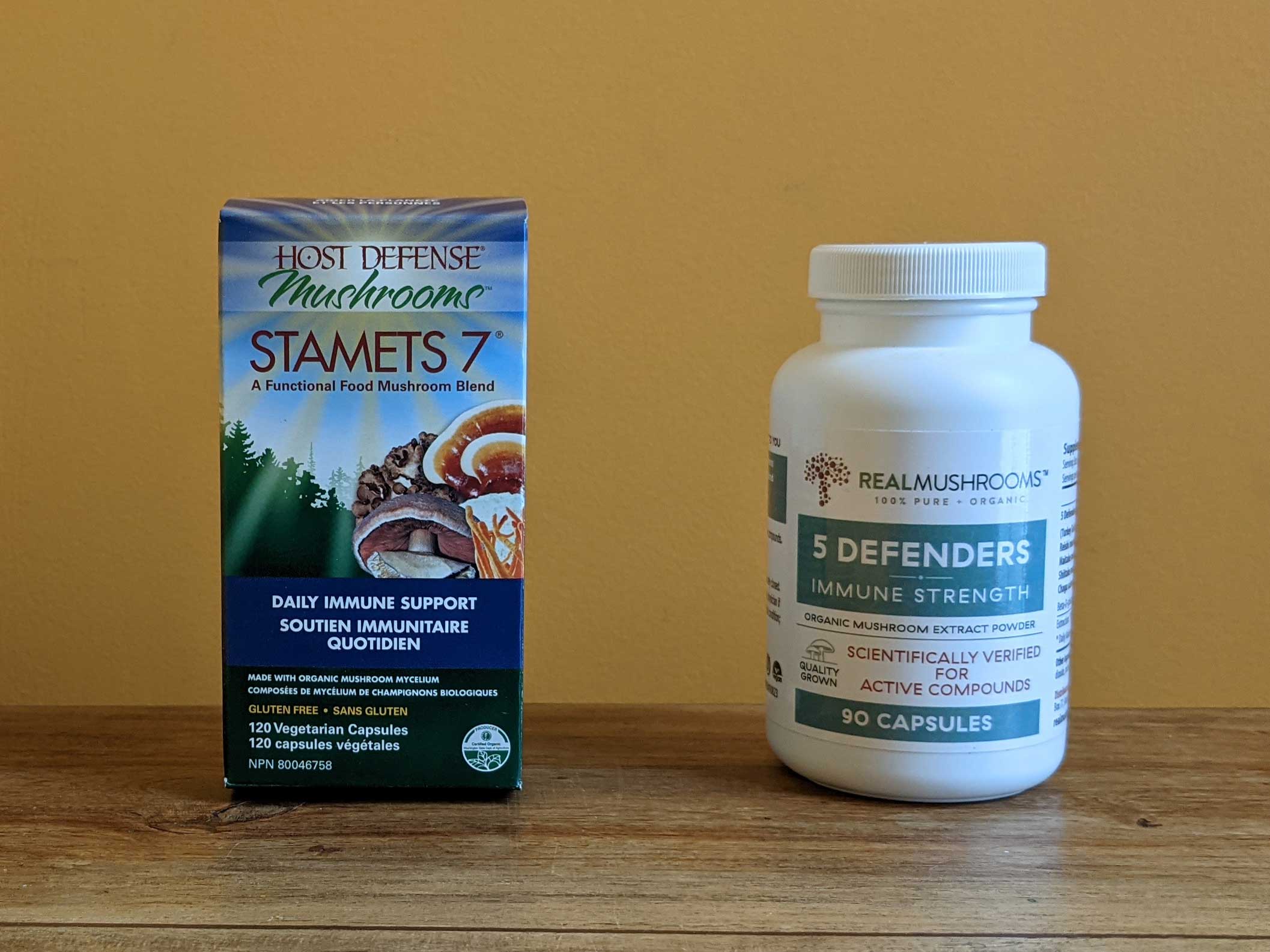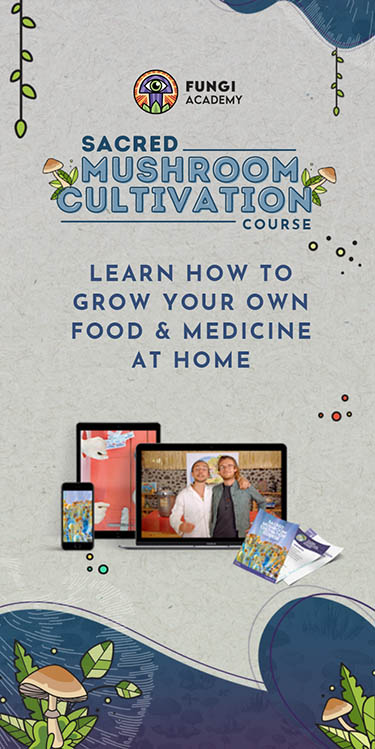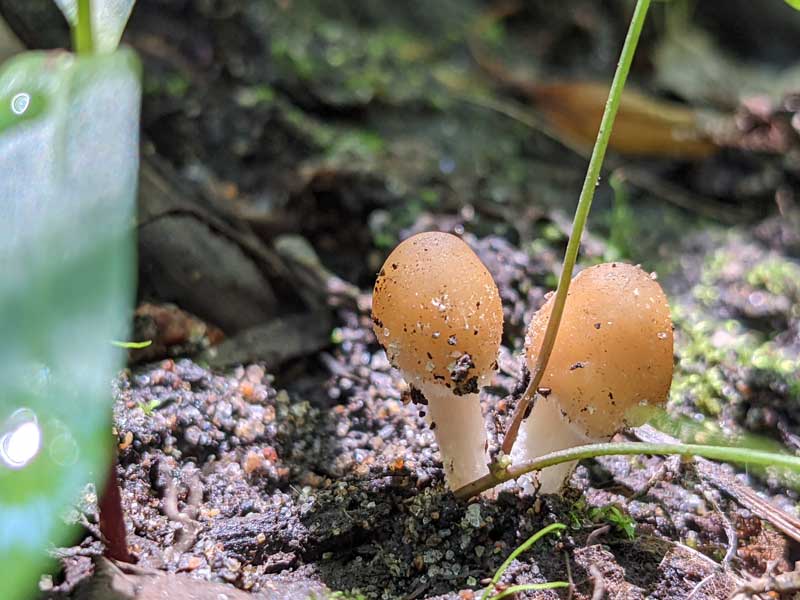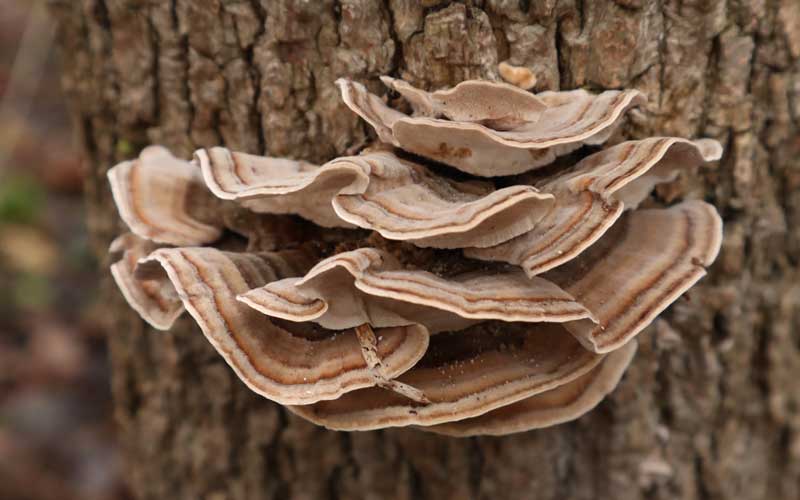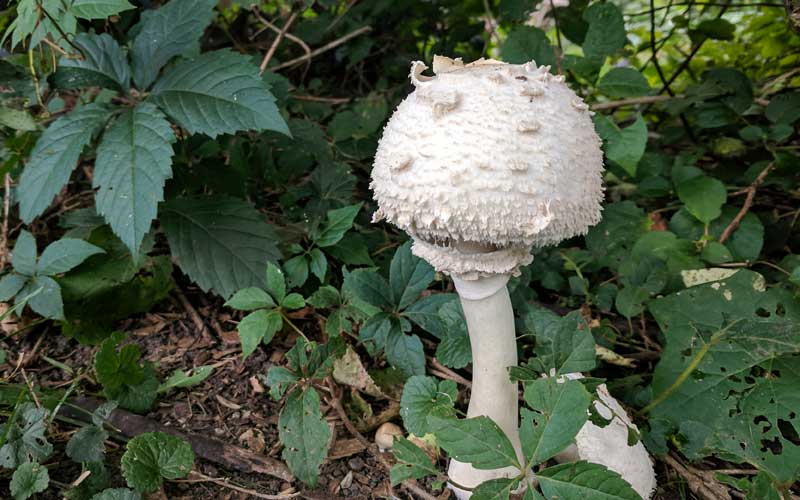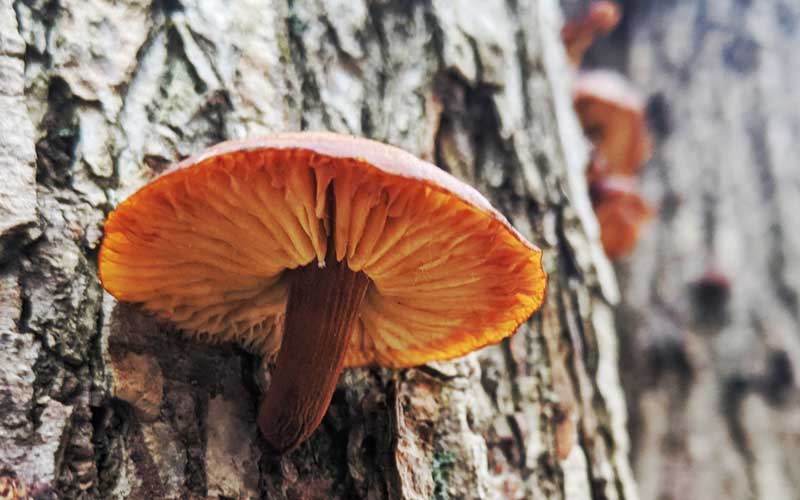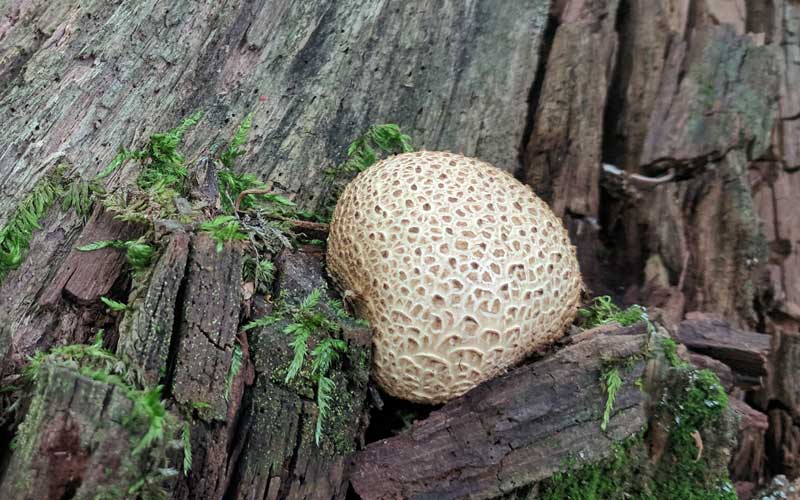3 Exciting medical applications for mycelium.
In recent years, mycelium has emerged as a versatile and sustainable resource with various applications across multiple industries.
Among its many potential uses, mycelium is being explored for use in medical applications, including drug delivery systems, wound dressings, and tissue engineering scaffolds.
As researchers continue to investigate the untapped potential of mycelium, it becomes increasingly clear that this fungal network could revolutionize healthcare and contribute to a more sustainable future.
Mycelium is biodegradable, biocompatible, and can be cultivated quickly and efficiently with low energy requirements. Furthermore, mycelium has demonstrated antimicrobial, antiviral, and antitumor properties, which are valuable in the development of new therapies and treatments.
Drug delivery systems
One promising application of mycelium in medicine is the development of drug delivery systems. The natural porosity and structure of mycelium allow it to encapsulate and release drugs in a controlled manner, potentially improving the efficacy and safety of existing medications.
By tailoring the growth conditions and genetic makeup of the mycelium, researchers can customize drug release profiles to meet specific therapeutic needs. This approach could minimize side effects, enhance patient compliance, and reduce the overall cost of treatment.
Wound dressings
Another potential application for mycelium in healthcare is the development of wound dressings. Conventional wound dressings made from synthetic materials can cause irritation, increase the risk of infection, and contribute to environmental pollution.
Mycelium-based wound dressings, on the other hand, are biodegradable, have natural antimicrobial properties, and can promote healing by maintaining a moist environment that is conducive to tissue regeneration.
Additionally, the porous structure of mycelium allows for the absorption of exudate - a mixture of fluid, cells, and cellular debris that is produced during the inflammatory phase of wound healing - thereby reducing the risk of skin maceration, and promoting a more rapid recovery.
Tissue engineering
Tissue engineering is another area where mycelium holds great potential. The unique structure and properties of mycelium make it an attractive candidate for creating scaffolds that support the growth and differentiation of cells.
By incorporating mycelium into a bioink, researchers can create 3D printed structures that mimic the extracellular matrix, providing a platform for the regeneration of tissues and organs.
These mycelium-based scaffolds can be tailored to specific applications, such as cartilage repair, nerve regeneration, or skin grafts, by modifying their mechanical properties and incorporating appropriate growth factors and cells.
And more…
Aside from these direct medical applications, mycelium is also being explored as a source of novel therapeutic compounds.
Fungi have long been recognized for their ability to produce bioactive molecules with antibiotic, antiviral, and antitumor properties. By harnessing the metabolic capabilities of mycelium, researchers aim to discover new drugs that can help combat antibiotic resistance and treat previously untreatable conditions.
In conclusion, mycelium's unique properties and sustainable production make it a promising resource for the future of healthcare. As research into its potential medical applications continues, it is likely that we will witness a paradigm shift in the way we approach treatments and therapies.
Related Topics:
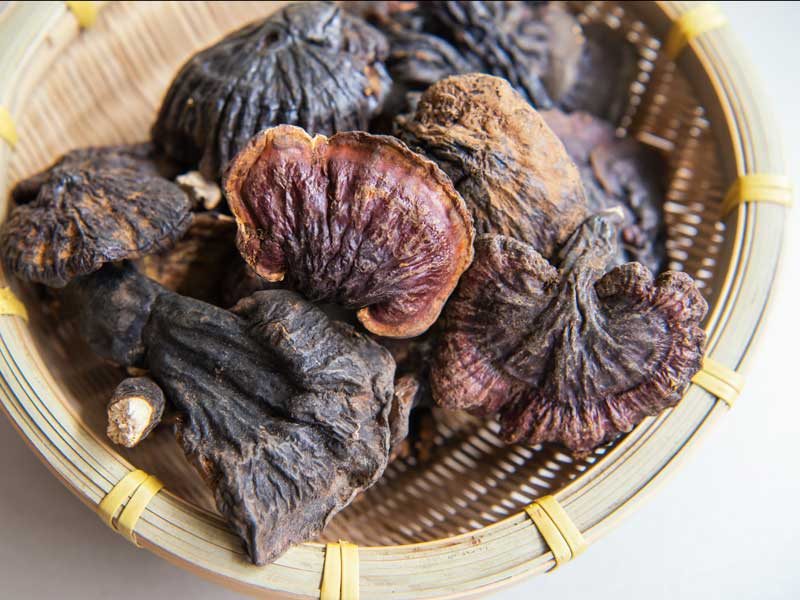
Medicinal mushrooms have been used by healers for thousands of years.
Medicinal mushrooms and fungi offer a variety of health benefits, many of them tied to supporting your natural immune system. Read the full article...
7 Different products that are made with mushroom mycelium.
From buildings to vegan leather and beyond, mycelium is proving to be a powerful alternative to traditional materials. Read the full article...
Choosing between two approaches in the world of mushroom supplements.
Mushroom supplements are derived either from myceliated grain, or from the mushroom itself. Which is the best? Read the full article…


